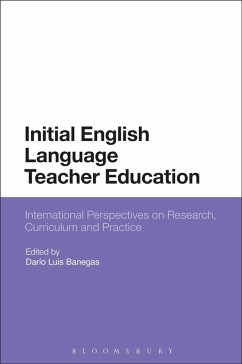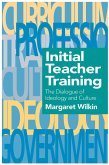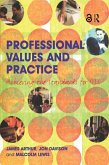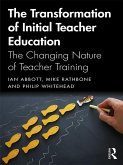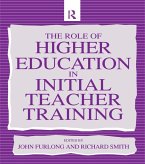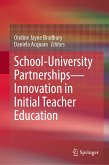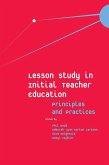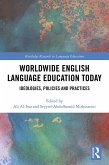Trainees' voices, beliefs and experiences as learners, shaped by the tension and dialogue between internal and external theories of teaching and learning, inevitably penetrate the Initial English Language Teacher Education (IELTE) curriculum. Scrutinising these beliefs and experiences, Initial English Language Teacher Education provides readers with vivid and informed accounts of IELTE from around the world.
Approaching IELTE from a sociocultural perspective, the authors analyse future teachers' trajectories and educational histories in order to understand their experiences as learners, unpack internal beliefs, and problematise the relationships between such beliefs with theories and research in the field. Exploring accounts from a number of under-researched contexts, Initial English Language Teacher Education investigates and analyses perspectives from Argentina, Brazil, China, Colombia, Kenya, Singapore, South Africa, Spain and Uruguay. Through the eyes of future teachers, the chapters address issues such as: trainee motivation, tensions between theory and practice, role of feedback, teacher development and identity, critical pedagogies, online teacher education and intercultural awareness.
Approaching IELTE from a sociocultural perspective, the authors analyse future teachers' trajectories and educational histories in order to understand their experiences as learners, unpack internal beliefs, and problematise the relationships between such beliefs with theories and research in the field. Exploring accounts from a number of under-researched contexts, Initial English Language Teacher Education investigates and analyses perspectives from Argentina, Brazil, China, Colombia, Kenya, Singapore, South Africa, Spain and Uruguay. Through the eyes of future teachers, the chapters address issues such as: trainee motivation, tensions between theory and practice, role of feedback, teacher development and identity, critical pedagogies, online teacher education and intercultural awareness.

